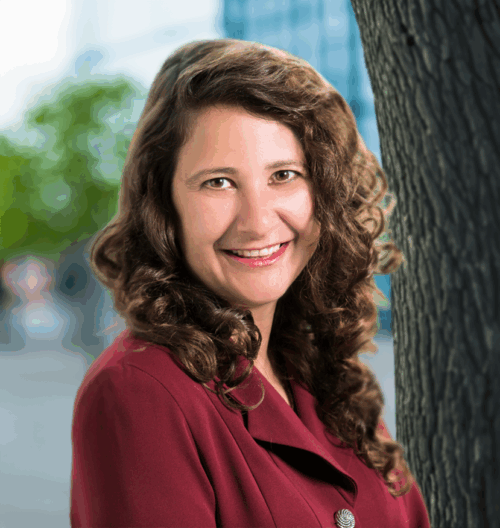Posted by Maria T. Hurd, CPA, RPA

Updated 3.26.2020
Children are a financial hardship!!! The IRS has finally recognized it by adding a new type of penalty-free distribution from defined contribution retirement plans: the Qualified Birth or Adoption Distribution (QBOAD), effective January 1, 2020. The new provision is optional, so plan sponsors will need to amend their plans to permit QBOADs and, as a separate option, to permit the repayment of QBOADs. Although discretionary plan amendments are due by the end of the plan year in which they take effect, the SECURE Act provides that plan amendments for its changes will not be due before December 31, 2022, for calendar year plans, or the last day of the first plan year beginning on or after January 1, 2022, for fiscal year plans.
QBOAD Administrative Considerations
Penalty-free distributions from retirement plans in connection with birth or adoption are subject to certain criteria as follows:
- The distribution must be taken within a one-year period of the child’s birth or adoption.
- The “eligible adoptee” is anyone (other than a spouse’s child) younger than age 18 or physically or mentally incapable of self-support.
- The distribution is limited to $5,000 per individual for each birth or adoption. Since the limit applies to the individual and not the family, each spouse that is a participant in a plan can obtain a $5,000 hardship distribution for the same adopted child for a $10,000 total for one child, or $20,000 if the couple adopts two children, and so on.
- There are currently no specific guidelines as to what types of expenses constitute adoption expenses. As a best practice, plan sponsors and/or third-party administrators approving the QBOAD should obtain an adoption or birth certificate or other proof that the adoption is final. Guidance indicating what types of expenses are permitted may be issued in the future.
A Unique Opportunity: Repayments of QBOADs
If the plan allows the repayment of QBOADs, participants can repay the plan at any time, if they are still eligible to make contributions to the plan. The repayment is treated as a rollover, such that no earnings can be computed for the repayment but, unlike the rollover rules, there is no sixty-day deadline to effectuate the repayment. Additionally, the employee would have basis on the repayment, so it behooves employers to make sure the recordkeeper can keep track of the repayment’s basis separately from the participants’ pretax sources.
Although the repayment of the QBOAD is treated as a rollover contribution, the distribution itself is not an eligible rollover distribution, such that only the 10% withholding applies, unless the employee elects to have no withholding or a different withholding percentage.
Financial Statement Audit Implications
Until the IRS issues guidance regarding the substantiation that must be obtained and the types of expenses eligible for the adoption distribution, financial statement auditors will likely look for reasonable proof of the birth of a child or that the adoption is final and at a minimum, a participant’s representation that the adoption expenses are related to the adoption process.
Anecdotally, some folks hope that expenses incurred prior to the date that the adoption is final could be reimbursed through a QBOAD, but it seems clear that only expenses paid within the one-year period beginning on the date on which the child is born or the legal adoption is finalized are eligible. Auditors are not likely to accept reimbursements of expenses paid prior to the finalization of the adoption as a good faith interpretation of the rules.
Penalty-Free Leakage
Preretirement withdrawals from 401(k) plans have been coined “retirement plan leakage” one of the top reasons Americans are not financially retirement-ready. Retirement legislation strives to encourage retirement savings and discourage leakage by imposing penalties on early withdrawals, even hardship distributions, with some limited exceptions. Such is not the case with QBOAD. The SECURE Act’s provisions generally strive to close the retirement savings gap by providing additional retirement savings opportunities for individuals and businesses, but the QBOAD rules give adoptive parents an unexpected opportunity to alleviate the initial burden of their adorable, new financial hardship in exchange for financial hardship at retirement.
Photo by Jay Hsu (License)
